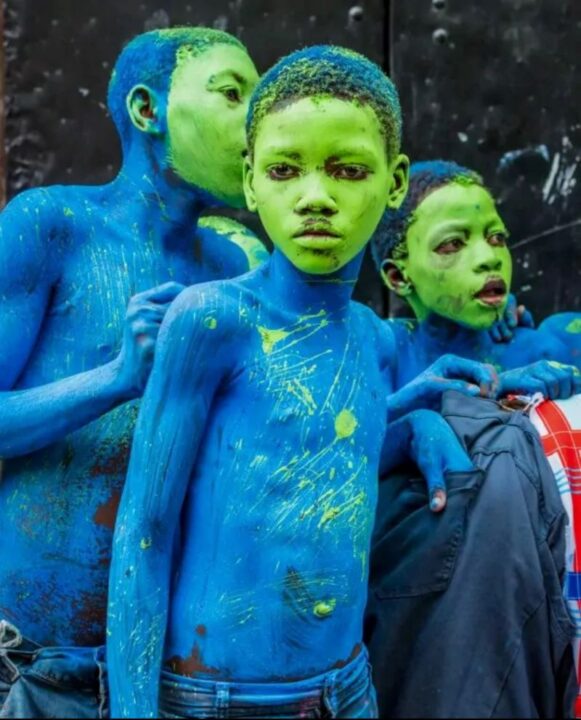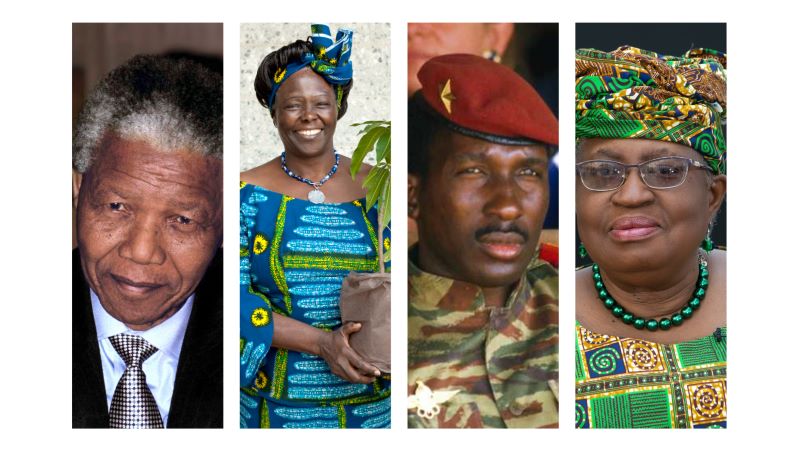Photo Credit—Bailey Torres
Jacmel, Haiti—Despite the Haitian government’s cancellation of the 2025 National Carnival, which was initially scheduled for March 2 to 4 in Fort-Liberté, the city of Jacmel defied and celebrated from February 23 to 25.
The Haitian government said this decision was influenced by public outcry over the allocation of approximately $2.3 million for the celebrations, with $1.3 million set aside for Fort Liberté.
On February 17, youth activists from the Association Jeune Avisé de Fort-Liberté (AJAF) staged a sit-in and temporarily blocked a major highway, demanding investments in infrastructure, electricity, clean water, and healthcare.
While some supported the decision to cancel as necessary for public safety, others saw it as a blow to cultural identity and economic opportunity. In response, the government redirected funds to support regional carnivals instead of a national event.

Body paint at Jacmel Carnival
Photo: Jean Oscar Augustin
Local leaders in Jacmel planned festivities despite these obstacles. Under the theme “Haiti Debout” (French for “Haiti Stands Up”), the events were marked by colorful parades, traditional music, and political satire. Artists donned handcrafted masks, drawing from Haitian folklore and history, while musicians blended traditional rhythms with modern beats, electrifying the crowds.
The success of Jacmel’s celebration demonstrated how local communities can preserve cultural identity in the face of national adversity. The celebrations endured through local initiatives, regardless of governmental challenges.
Carnivals hold immense historical importance in Haitian society, dating back to colonial times as a celebration of freedom and identity. Beyond their cultural significance, these carnivals boost local businesses, artisans, and tourism.
If Haiti’s rich cultural heritage was ever in doubt, the people’s unwavering determination to preserve their identity has changed that. Despite turbocharged national tensions and uncertainty, Haiti stood up, embodying enduring resilience and cultural pride.





